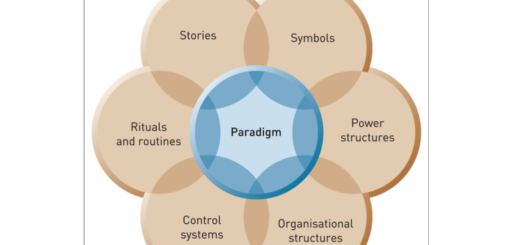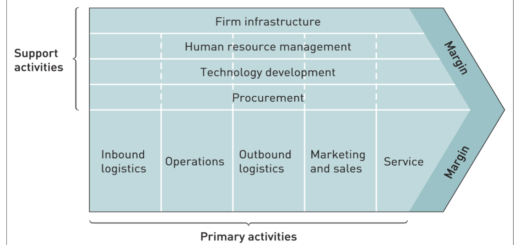Problems with Performance Review
Performance review is a process that involves evaluating an employee’s work performance and productivity over a specific period. It is typically conducted by the employee’s supervisor or manager and can involve setting goals, assessing progress towards those goals, providing feedback, and identifying opportunities for growth and development. Performance reviews are an essential tool for organizations to assess employee performance and identify areas for improvement.
Despite the importance of performance reviews, there are some common problems associated with them. Here are a few examples:
- Validity: Performance reviews may be subject to line manager bias, leading to inaccurate or unfair evaluations of employee performance.
- Conflict of purpose: If the purpose of the performance review is for rewards such as bonuses, employees may be hesitant to disclose any problems or challenges they have faced during the review period.
- Control or commitment: The shift from using performance reviews for career development to control and discipline can create a negative work environment and lead to demotivation among employees.
- Does it work: Not all employees respond to performance reviews in the same way, and some may not see the value in the review process, leading to low engagement and disinterest.
- Bureaucracy: If the performance review process is overly bureaucratic and does not contribute to employee development or add value, it can lead to a lack of commitment and engagement among employees.
To address these problems, it’s essential to ensure that performance reviews are conducted fairly and accurately, with an emphasis on employee development and growth. It’s also important to communicate the purpose of the performance review clearly, and to provide opportunities for employees to provide feedback on the process. By taking steps to address these problems, organizations can create a positive work environment that supports employee development, motivation, and engagement.





I have read a few good stuff here. Certainly value bookmarking for revisiting. I wonder how much attempt you put to make this type of fantastic informative web site.
It’s a pity you don’t have a donate button! I’d most certainly donate to this excellent blog! I guess for now i’ll settle for book-marking and adding your RSS feed to my Google account. I look forward to brand new updates and will talk about this blog with my Facebook group. Chat soon!